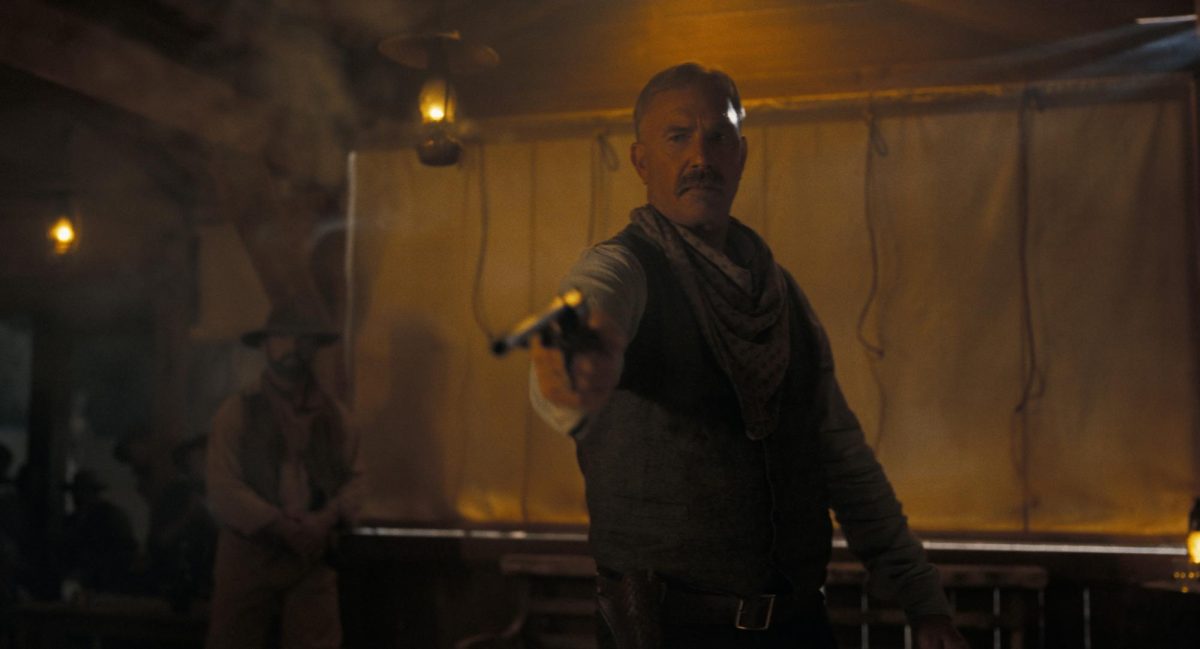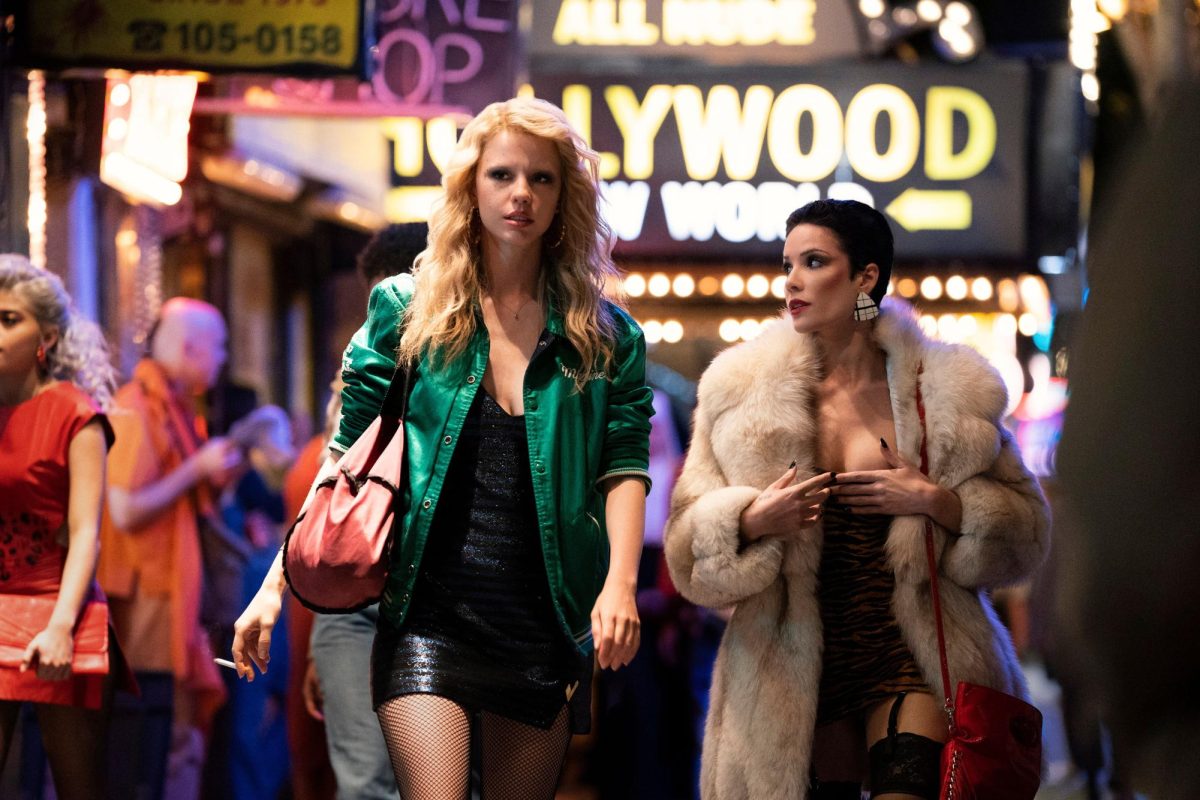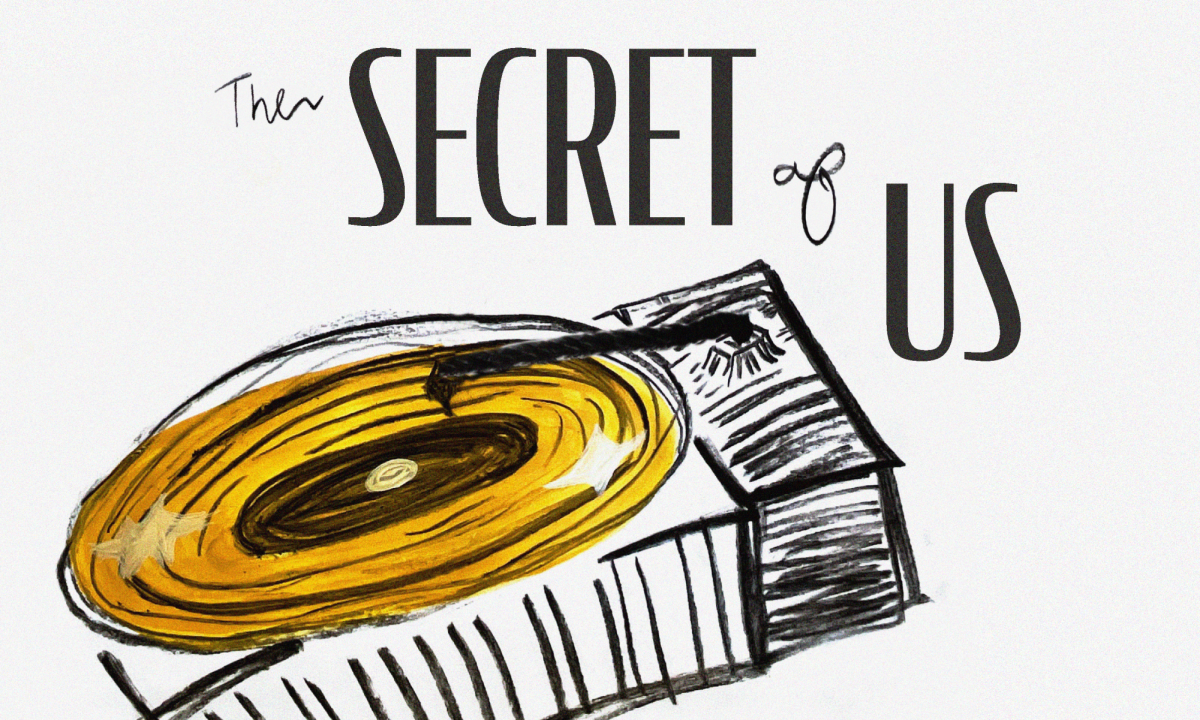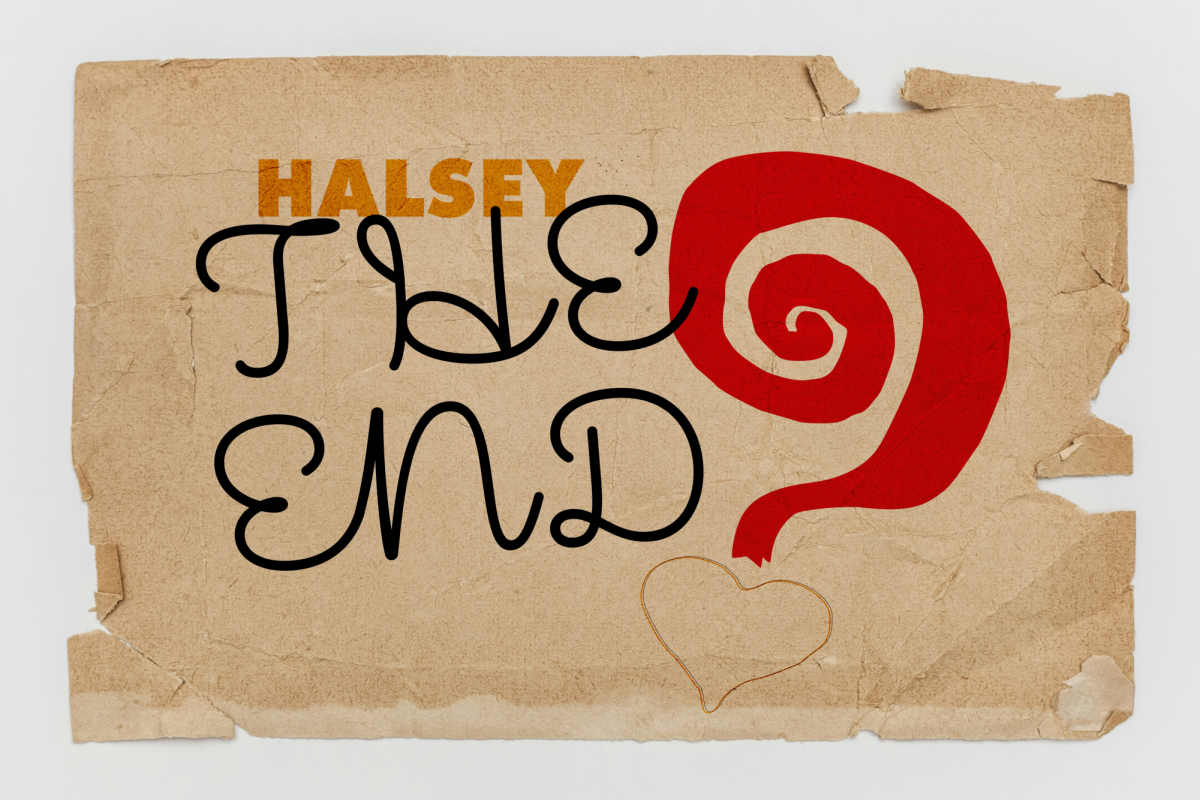There is a dramatic photo of a forest dripping with sunlight that’s put next to a photo of a bottle of medication or a handful of pills with text reading, “This is an antidepressant, this is a lifetime addiction,” scrawled across it in a loopy font. This photo causes a variety of emotions because it’s blunt. What we don’t realize is that mainstream media treats mental illnesses in a similar fashion. Because mental illnesses are a controversial topic, many facets of the media are unsure of how to talk about mental illness or represent characters with these illnesses. As a result, these characters or discussions are all over the place. Recently, many artists have opened up about their struggles with mental illnesses. They are telling the world these illnesses are just as real and valid as physical illnesses, hoping that in so doing, they can chip away at the stigma surrounding them.
One of these people is local artist and University of Utah student Curtis Hendrickson. Hendrickson has a distinct science fiction inspiration to his works — his drawings depict Miyazaki-esque robots performing the mundane — and he struggled with addiction. Many argue addiction is not the same as mental illness. However, recent research from the National Institute on Drug Abuse has shown drug addiction and substance abuse change the brain in fundamental ways and override a person’s hierarchy of needs to put the drug first.
“I’m looking into what addiction is, what it means and the stigma around it, which is why everything is weaponized, but also familiar,” Hendrickson said. “I want a robot to be more than a tool for fighting, I want it to be more mundane.”
In the music world, Justin Furstenfeld, lead singer and lyricist for Blue October, is also taking the unfamiliar and mixing it with the mundane. In order to create a platform to discuss mental illness more easily, Furstenfeld incorporates his experiences with schizophrenia, bipolar disorder and depression into his albums. The title of the band’s second release, “Consent to Treatment,” and the lyrics of “Hate Me” reflect this connection.
“Sorry Not Sorry” singer Demi Lovato was diagnosed with bipolar disorder during treatment for addiction and eating disorders. Her experiences of learning how to cope with her diagnosis and the way she often felt were eye-opening for Lovato. They motivated her to become a mental health ambassador for Global Citizen, as well as participate in other mental health focused initiatives.
Oscar-winning actor Leonardo DiCaprio has also mentioned his struggle with mental illness. In an interview with ABCnews.com, DiCaprio discussed his obsessive-compulsive disorder diagnosis.
“I remember as a child, stepping on cracks on the way to school and having to walk back a block and step on that same crack or that gum stain,” DiCaprio said.
Now that more artists and celebrities are speaking out about their mental illnesses and working to break the stigma surrounding them, maybe we’ll see a more accurate representation of mental illness in mainstream media. And hopefully we’ll see less photos shaming people for using medication as a means to help their mental health.
@ladyofth3lak3




















Harold A Maio • Feb 28, 2018 at 9:39 am
https://dailyutahchronicle.com/2018/02/27/artists-break-silence-mental-health/
Mental Health
chip away at the stigma
Were you to say “prejudice”, I would chip away at it with you, but under no circumstances do I lend credence to people who direct “stigmas”.
See rape/stigma for why you ought not be cooperating, Megan, Jaycen.
Harold A. Maio, retired mental health editor